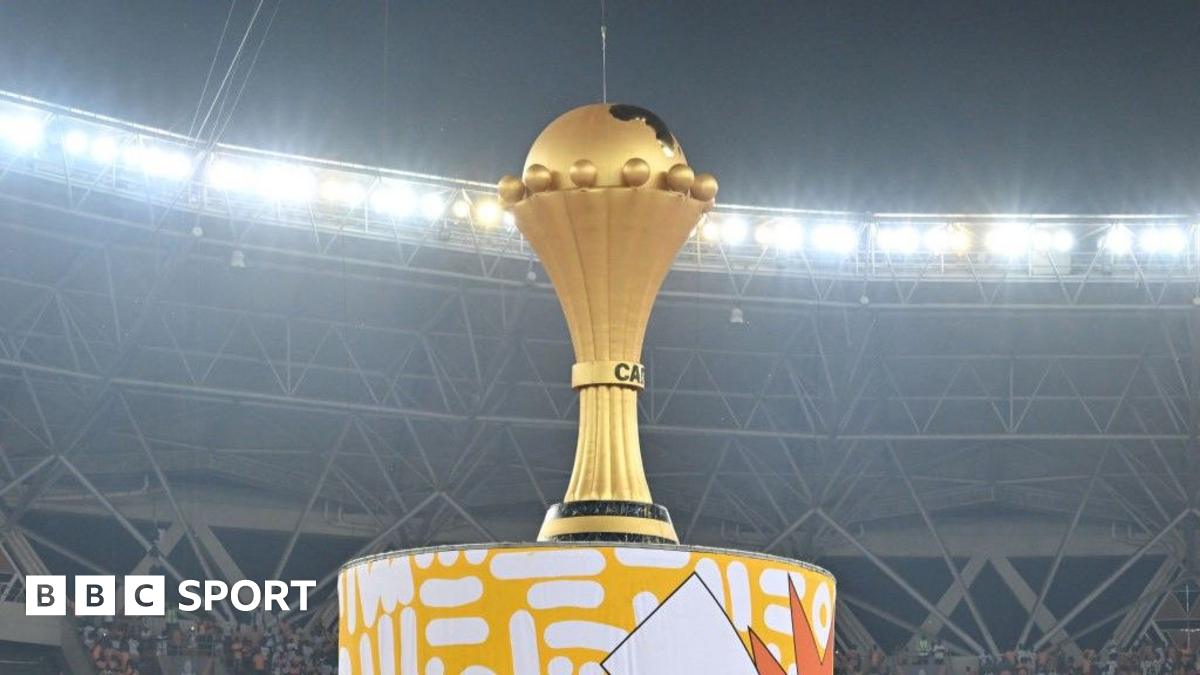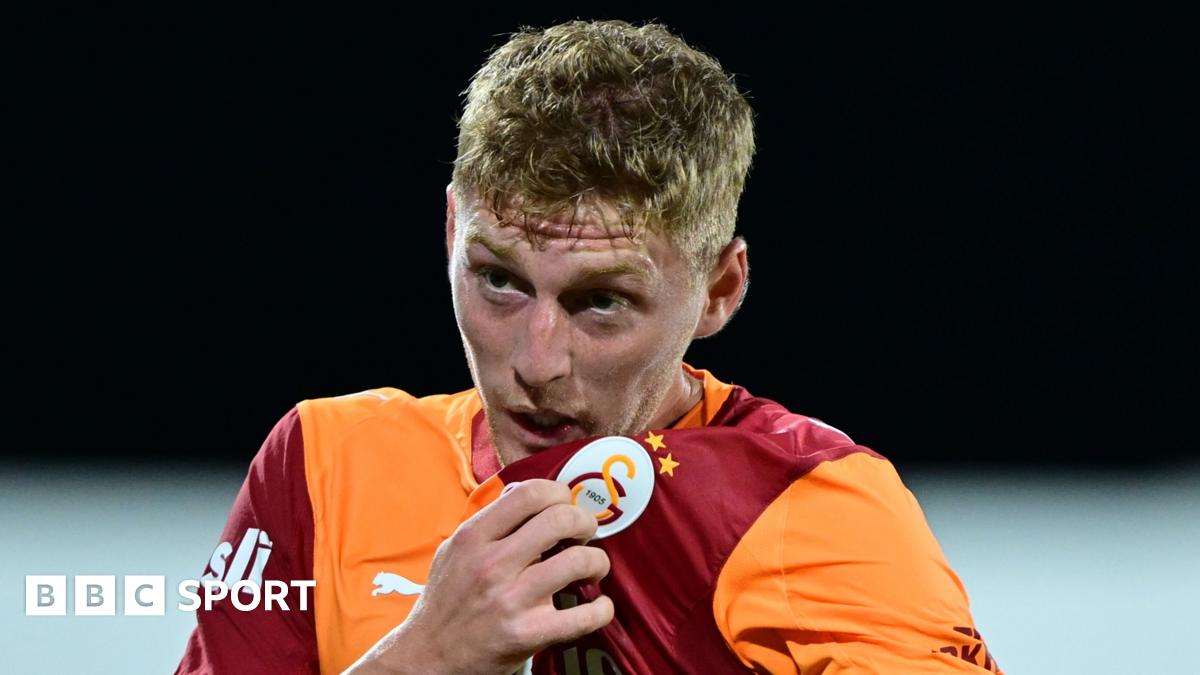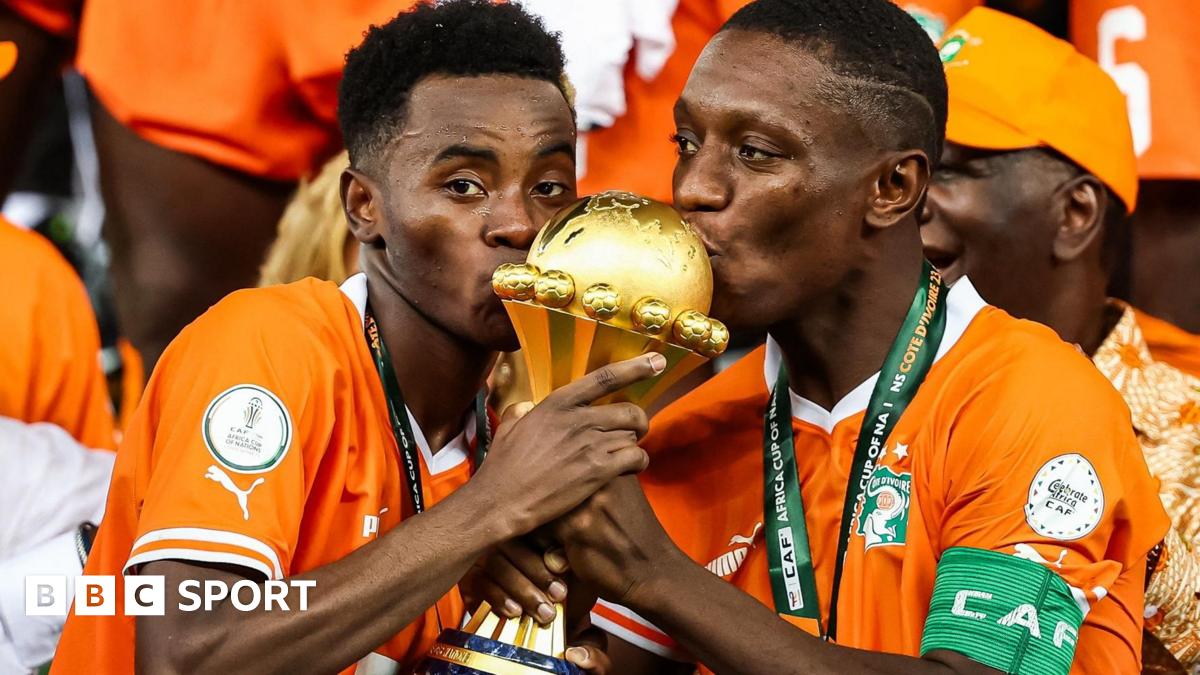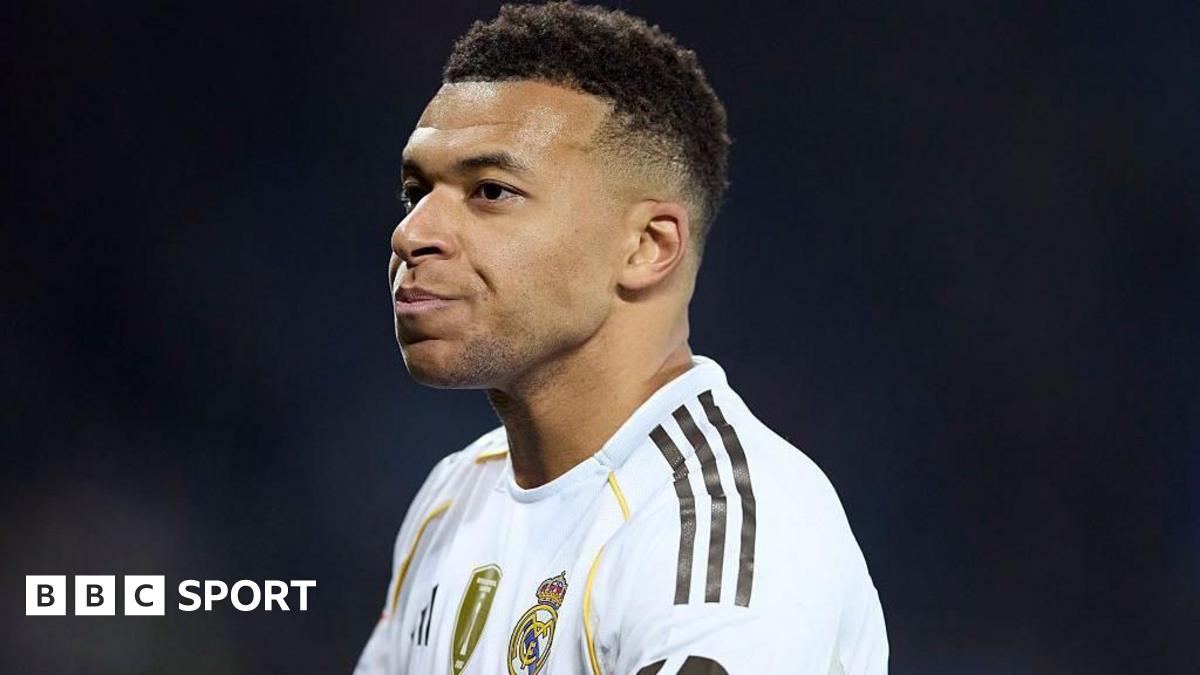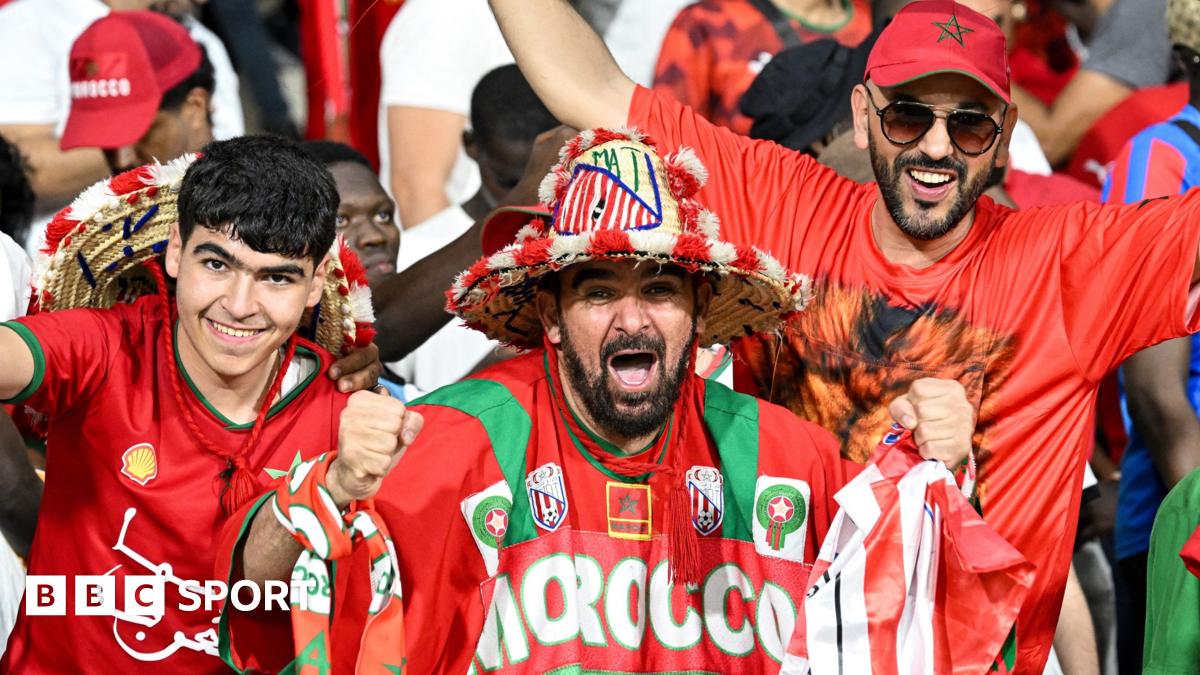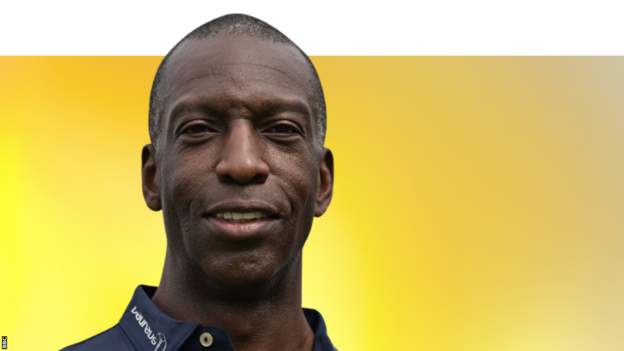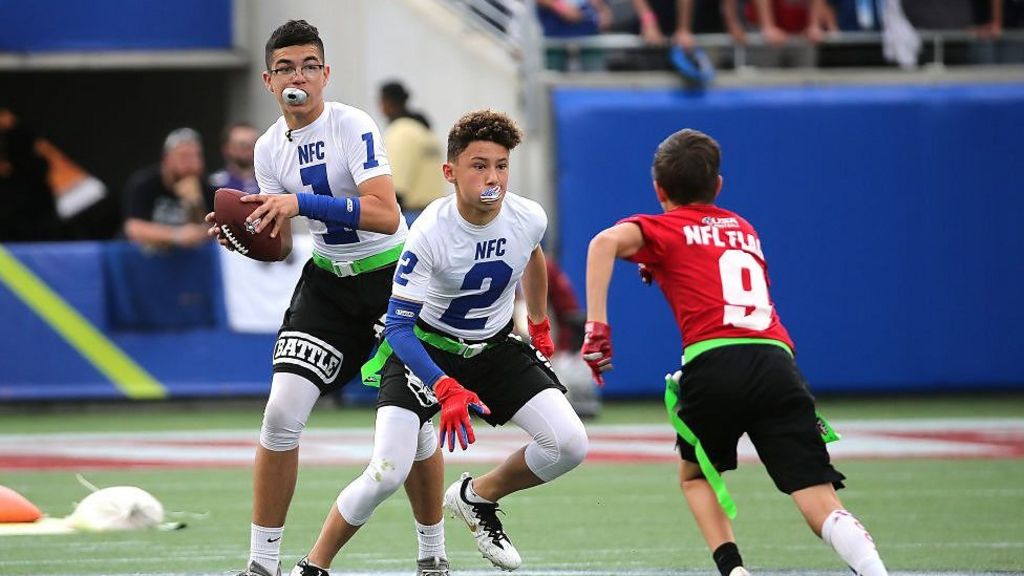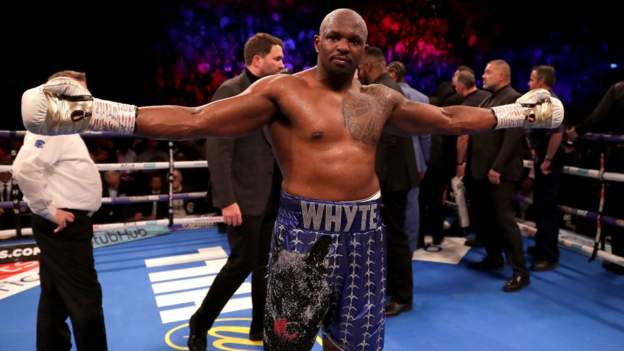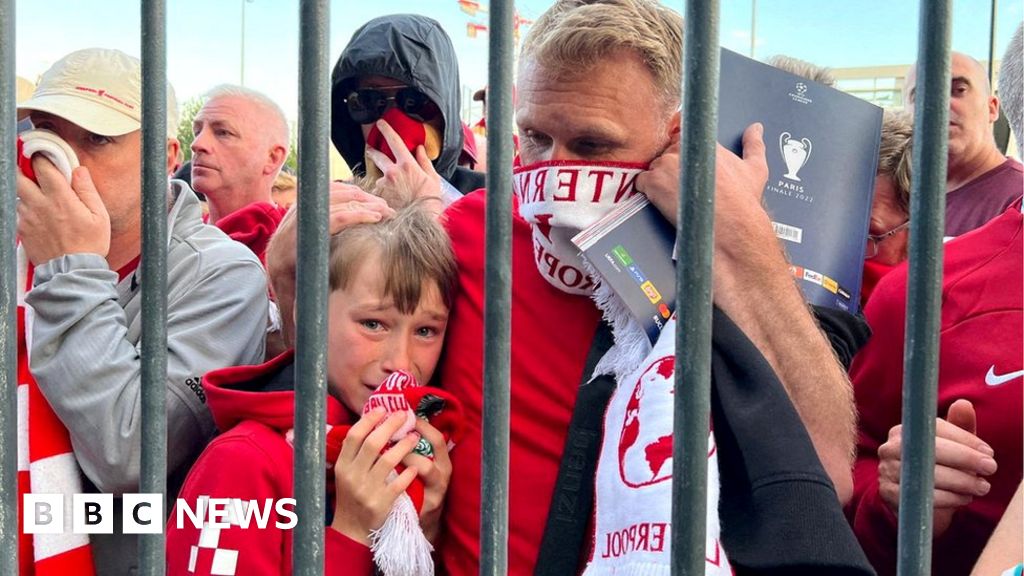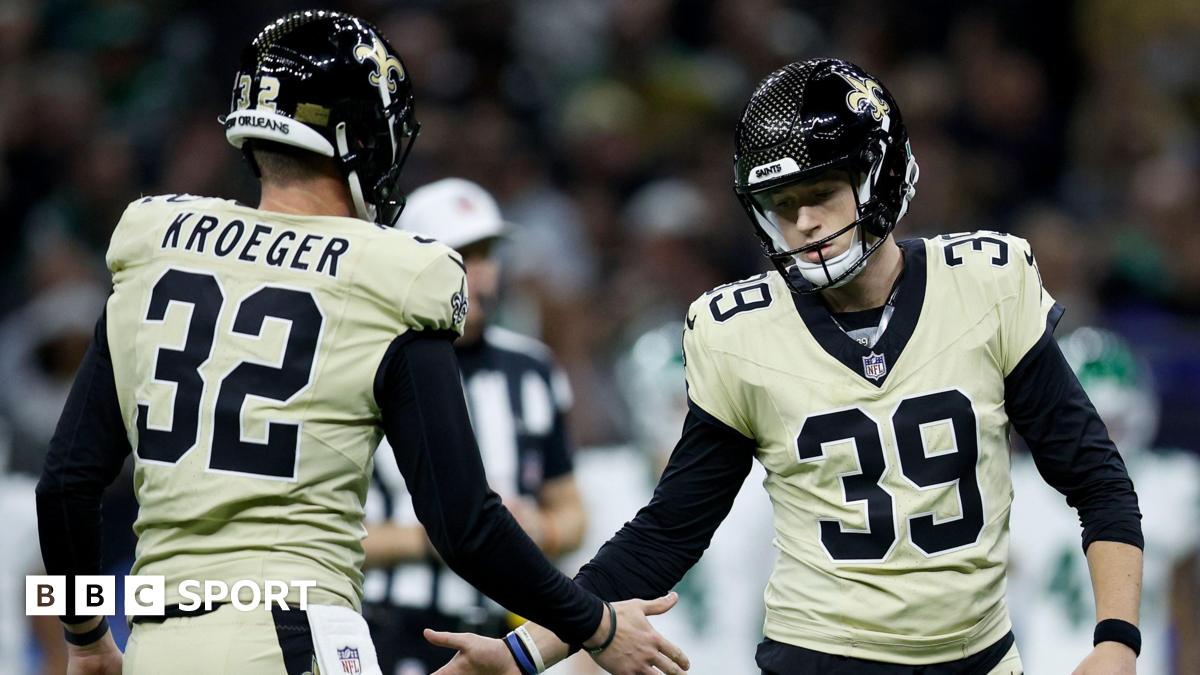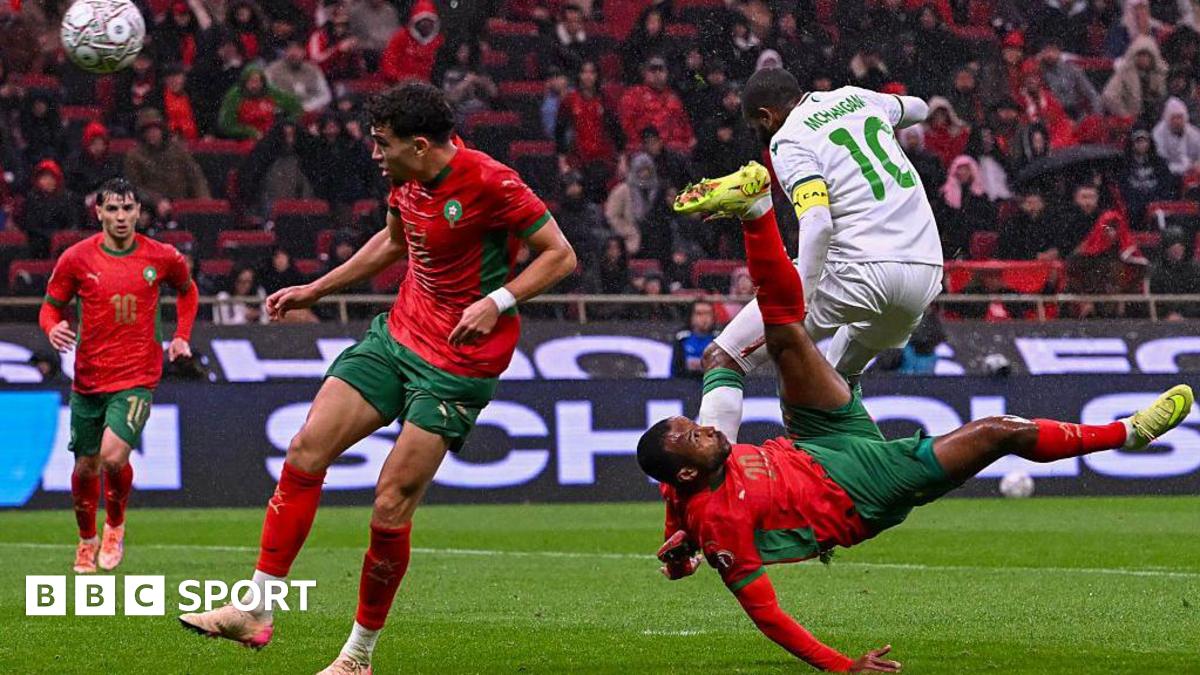| Venue: Hayward Field, Eugene, Oregon Dates: 15-24 July |
| Coverage: Watch live on BBC TV, BBC iPlayer, BBC Sport website and mobile app (UK only) |
There are going to be some amazing contests in these World Championships. There are events in which superstars are going up against each other and, as an expert, my guess is as good as anyone else’s about who is going to win.
It’s unpredictable. That is exciting. Those head-to-heads are what drives the sport.
I’ll give you three to get started with.
First, the women’s 200m.
Olympic champion Elaine Thompson-Herah was close to beating the world record last year. This year though she is under serious threat from her fellow Jamaican Shericka Jackson, who only switched down to the event from the 400m a year or so ago.
Then out of left field, you have a new American star to challenge them both. Abby Steiner is 22 and has come out of the American university system, running some amazing times and winning both the collegiate and national titles.
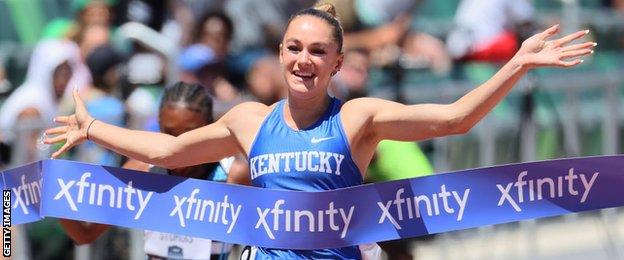
Or take a look at the men’s 200m.
In one corner you have got teenager Erriyon Knighton, who is the fastest man in the world this year. And the reigning world champion Noah Lyles in the other. The two raced in the US trials, with Lyles finishing fast to beat Knighton to the line, celebrating as he went.
They were interviewed together afterwards, with Lyles in typically confident mood about what he could do. Knighton just said “it ain’t finished” and walked out of the interview. That seems like a rivalry with a genuine edge, a bit of trash talk, which is great to see.
Switch down to the men’s 100m and it is just as intriguing.
Kenya’s Ferdinand Omanyala, now that he has his American travel visa, could be the first African to medal in the event in Eugene, Oregon. He is up against Christian Coleman, who is making his comeback to a major championship after his whereabouts suspension.
Fellow American Fred Kerley has run three of the five fastest times in the world this year, while Olympic champion Marcell Jacobs is attempting to back up that Tokyo success and prove it wasn’t a fluke.
You look down the lists, though, and there are not enough British athletes in those conversations.
Considering the history, the talent and the investment in the sport, Great Britain should be arriving at these major championships with more medal threats. Undoubtedly.
However, Keely Hodgkinson has a real shot in the 800m. She showed last season that she is a great competitor, someone who can deliver on the biggest stage and she has been in excellent form this season. However she will be up against American Athing Mu, the overwhelming favourite to add world gold to her Olympic crown.
Max Burgin has a chance in the 800m. He is the fastest in the world this year but, making his major championship debut, he is short of experience in a real tactical event.
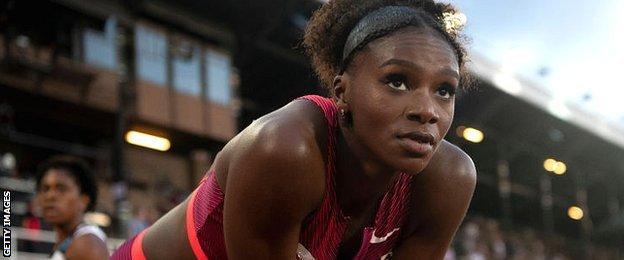
For Dina Asher-Smith, it is going to be tough. She won the 200m title in Doha. That was a victory to celebrate. But looking forward, we need to understand it in context.
A lot of the best 200m runners were not in that final: Elaine Thompson-Herah pulled out of the event. Shelly-Ann Fraser-Pryce focused on the 100m. Shaunae Miller-Uibo opted for the 400m.
Now, Asher-Smith could run a personal best and the rest of her rivals could beat her without improving their own. That’s the truth of it.
However, major championships are about more than early-season times. Dina can lean on her experience as defending champion. She is also a great competitor who has always impressed me with her race execution and performance under pressure.
She certainly has a chance at a medal, but gold is probably out of reach.
Eugene, on its own, won’t change track’s decades-old decline
There are so many great stories, yet over here, in the United States, I am not seeing them on mainstream sports coverage.
This World Championships is the biggest track and field event to be held in the United States since the Atlanta Olympics of 1996.
It is apparently a key part of World Athletics boss Seb Coe’s plan to make athletics one of the top five sports in the United States by 2028.
But, the truth is we are well off that.
And anyone who thinks the mere fact of staging the World Championships in Eugene will catapult athletics into that top five is deluded.
We are light years away.
The product is great. It’s amazing. We have got some great narratives and great contests. There are some superb young American athletes with backstories and character, the likes of Knighton, Mu and Sydney McLaughlin.
But the promotion of the product? That sucks. And has for decades.
In the biggest market in the world – the United States – you cannot get away with that.
It is the most competitive place in the world for sports fans’ eyeballs and dollars.
An outsider might see the NBA finals finishing in June and the NFL not beginning until September and presume Eugene 2022 is hitting a quiet time in the US sporting calendar.
But, you have to realise that for the US sports media and viewers, it is like having 10 Premier Leagues. As well as NHL and NBA, there is the WNBA, baseball, ice hockey, soccer, college sports.
All of those leagues have prioritised a year-round media-profile, even during their off-season, dominating the mainstream sports coverage, social media and a wider cultural conversation, with chat show appearances and the rest.
Track and field has done none of those things. It has not done enough to stem the flow of viewers and sponsors away from the sport.
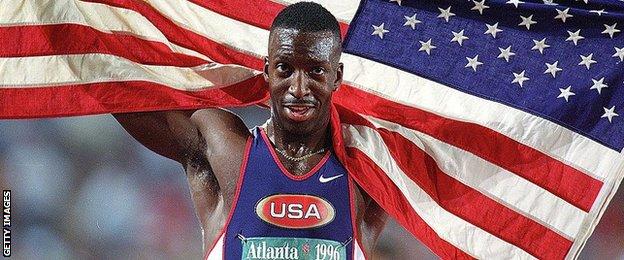
It was happening even in 1996, when I was running in Atlanta. Back then I remember hearing about the 1980s glory days of the track and field.
But by the 1990s, the four television channels had exploded into hundreds via cable and satellite. By the 2000s the internet arrived, and then social media took off.
Competition for attentions got so much stronger and athletics has not kept pace.
Staging these championships in the United States is not going to change anything. Not if that is all that is done.
A US venue alone is not a strategy. It is not going to move the needle on its own.
It is a much harder, longer-term job of building relationships, telling the sport’s stories and engaging audiences. Without that we’ll never turn around the sport’s decline in the most important market there is.
The basics are there though. This is a great time for the sport from the perspective of talent, personalities, and competitive rivalries. These championships should be a perfect showcase for them.
Michael Johnson was speaking to BBC Sport’s Mike Henson.

